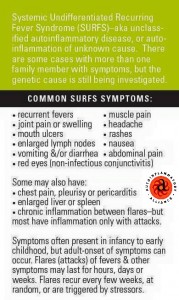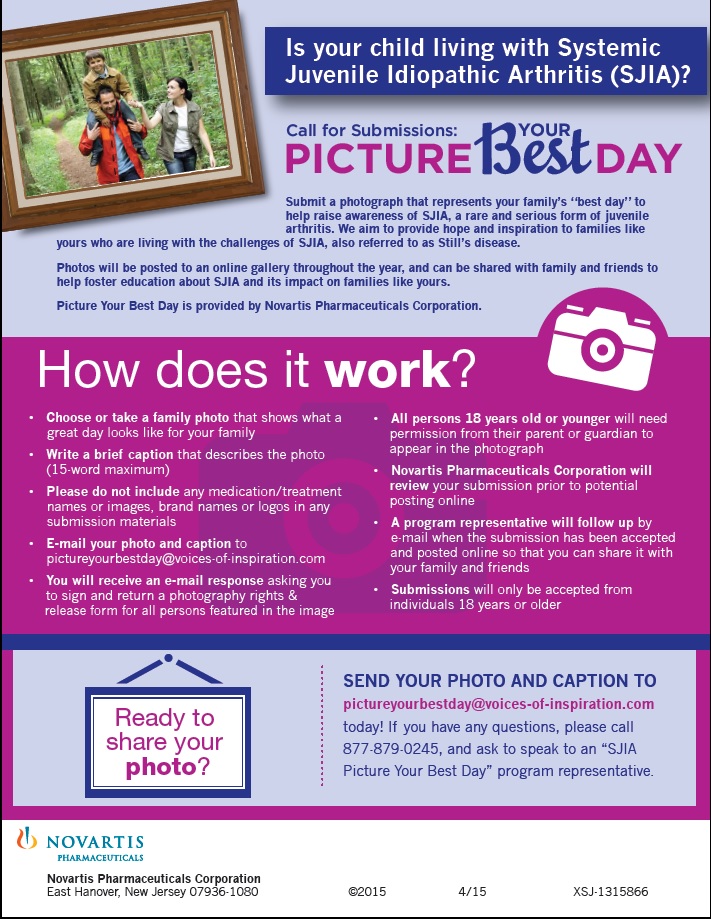
Some medications used to treat autoinflammatory diseases can only be obtained through a specialty pharmacy. Photo by tashatuvango/Bigstockphoto
First, What is a Specialty Pharmacy?
Some medications can only be obtained through a specialty pharmacy. Usually these are higher priced medications used for complex diseases. Many biologics used in autoinflammatory diseases can only be obtained through a specialty pharmacy.
So, you’ve been prescribed a medicine that has to be filled from a specialty pharmacy or even a medicine that costs more than you can afford. What can you do if there are problems getting this medication?
There are actually a few things that you can do. I find it best to complete all the steps even if the medicine finally gets delivered so that you have communicated the issues to all concerned parties.
The first thing is to contact patient assistance at the drug manufacturer. They often have employees that will help you and your physician navigate getting the medicine pre-authorized, and making sure that you can afford the co-pay. You also need to find out if you have private or public insurance because that will clarify who you need to speak with.
If you have private or employee offered insurance, the person in your family that has the insurance plan would need to contact their Human Resource Department and ask if there is any reason the medicine would not be covered. (Often, the employer/human resources will make note of the issue and make sure that when they renegotiate the upcoming year’s plan, the aforementioned medicine tier is included.) If you have public insurance, you would need to contact the number on the back of the card and ask to speak to a plan administrator or coordinator.

If your medication was denied, start by contacting both the specialty pharmacy and your insurance to find out why. Photo by cajoer/Bigstockphoto
What happens if you still can’t get your medicine delivered?
You need to contact both the specialty pharmacy and your insurance company and find out why the medicine isn’t being shipped. It often helps to ask for a patient case manager at the specialty pharmacy. A supervisor would need to appoint you a case manager, so it’s best if you ask for a supervisor’s full name and location. Often, the case manager is better trained to deal with the higher-end specialty medicines, and are better able to address the specific issues patients are facing in terms of having the medicine delivered.
You can also reach out to the specialty pharmacy through their social media platform. They often have information, and can direct you to a specific troubleshooter within the company. You can email them too.
What happens if all of this doesn’t work?
I would advise contacting your state pharmacy board. You can file a complaint that will be kept on record about the issues you faced dealing with the specialty pharmacy. At this point, it also behooves you to contact your state Senator. They have staff that are trained to help address health care issues. They can also help draft legislation to better protect the consumers if they see/hear from enough people that this is an issue. I would let them know about the issue, even if the situation resolved itself early on in order to help educate our elected officials about the hurdles rare disease patients face.
I would also contact your Congressperson and Senators. Again, they have staffers specifically trained to help address health care issues constituents are facing. By involving their office, you are once again highlighting the need for better oversight for specialty pharmacies, and the issues rare patients face getting access to their prescribed medicines.
- State Pharmacy Board Contacts
- State Senate Contact Information
- House of Representatives Contact Information
- Federal Senator Contact Information
Now what?
Typically, the issue is resolved before you hit the second step. Normally, with the patient assistance program, doctor’s office, and you stepping in to address the issue, the specialty pharmacy company resolves the issue. I implore you to still address your concerns with your elected officials to ask them to help address the situation. Too often we privately complain, but fail to engage the people that can help facilitate change. The more we speak up and out about the issues rare patients face, the more likely we are to facilitate change.

If the copay of your specialty medication is a hardship, contact the manufacturer’s patient assistance program. Photo by maxxyustas/Bigstockphoto
What if you simply can’t afford the co-pay?
Most manufacturers have a co-pay assistance program. If you simply type in the medicine name and either patient assistance or co-pay assistance, Google will do all the work for you. Some pharmaceutical companies have programs for people who do not have coverage at all for the medication, or insurance. Go to the website for the medication you need help obtaining, and they will have some resources and contact info for their programs.
Final Tips
Always take notes of all phone calls and communications. If your insurance requires a letter of medical necessity or appeal there are templates available online such as these. If all else fails, for rare disease advocacy contact the National Organization for Rare Disorders (NORD) or if you have an autoinflammatory disease, contact us here.







